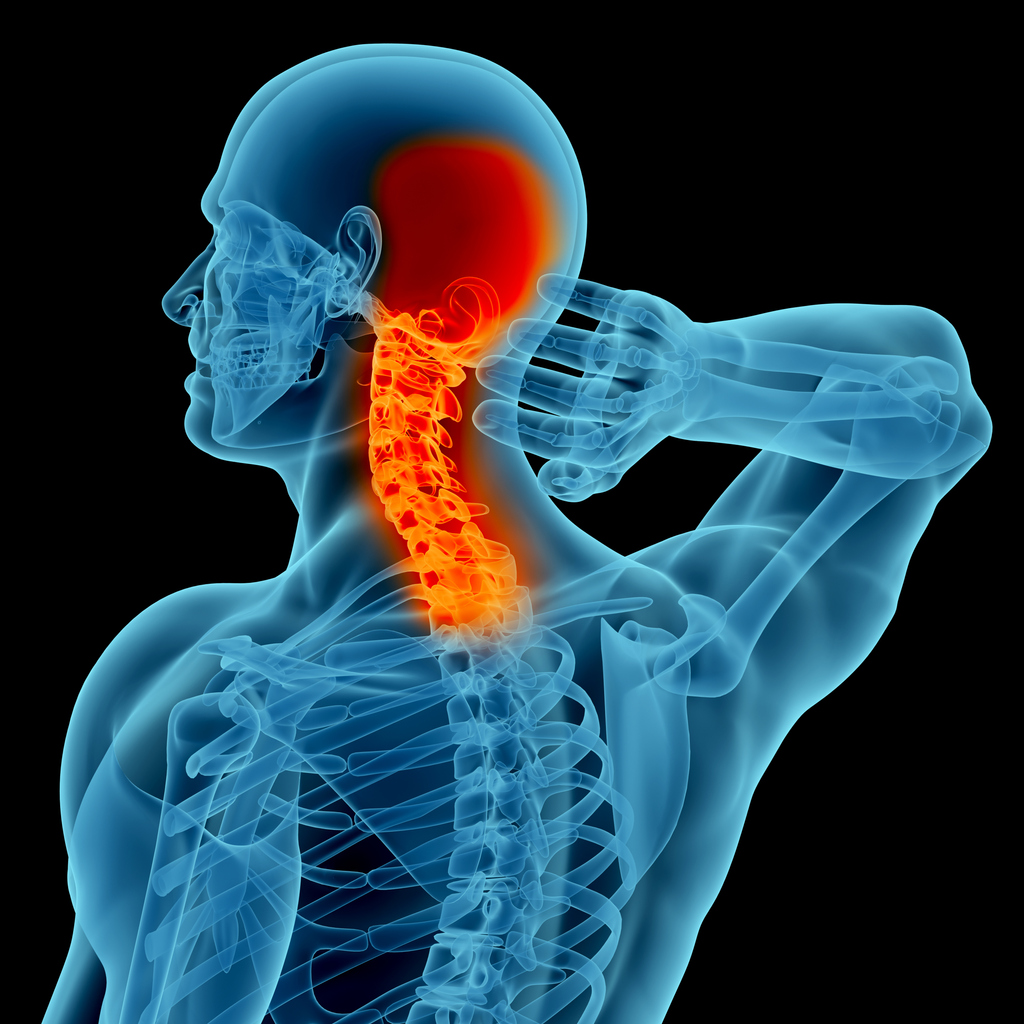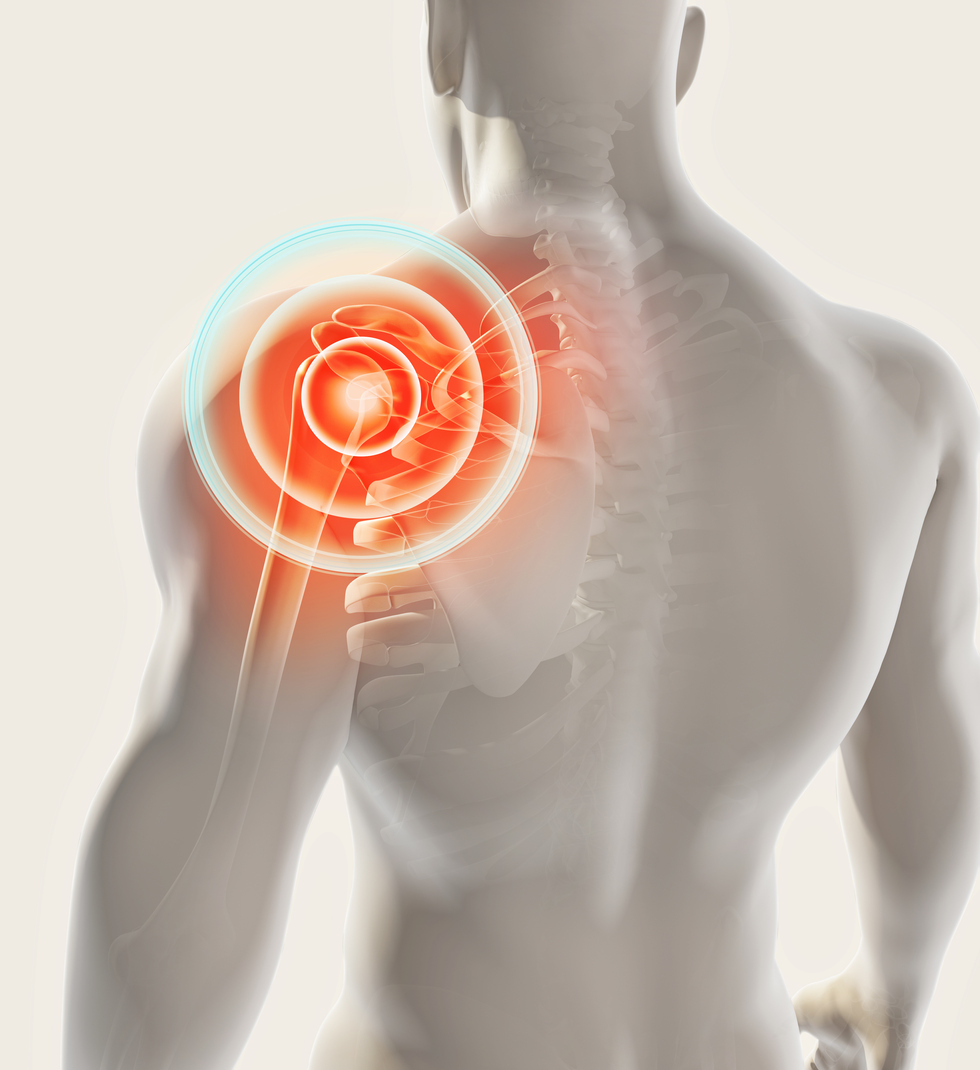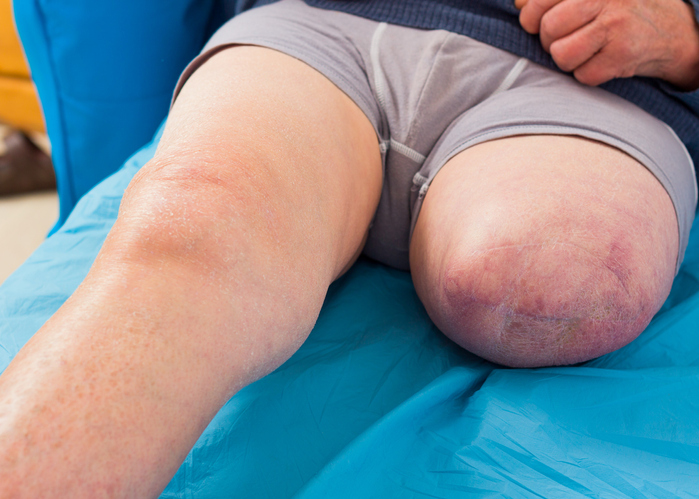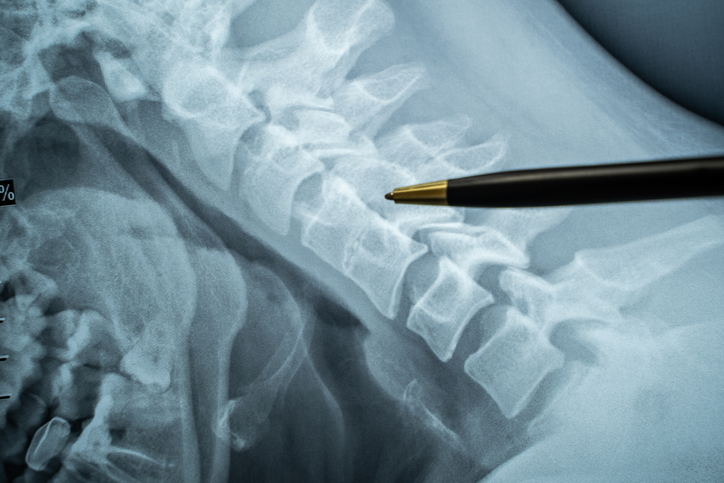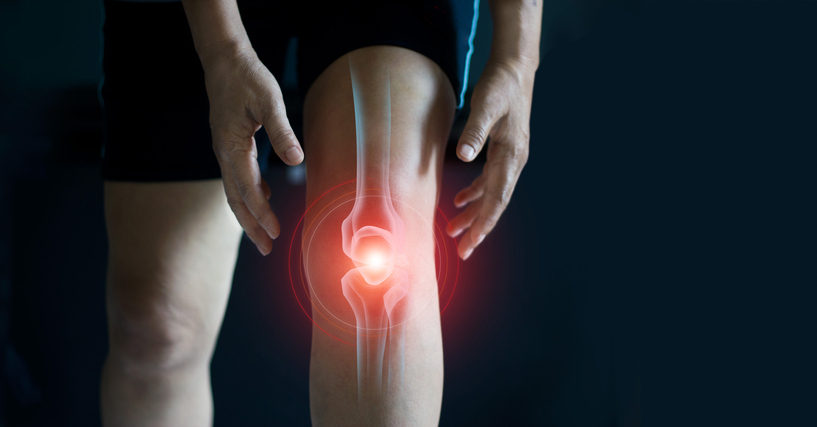Pain
Understanding Physical Dependence

Physical dependency, or physical dependence, is a bodily response to a medication that has been taken on a regular basis for a significant amount of time. This often occurs in individuals who take medications for chronic conditions, such as diabetes, high blood pressure and pain. Physical dependence is a natural adaptation of the body and, in some cases, can result in tolerance to medication.
Medications that can result in physical dependence include, but are not limited to, the following:
- Opioid-based pain medications
- Stimulants
- Antidepressants
- Sedatives
- Hypnotics
- Steroids
- Anticonvulsant medications
- Benzodiazepines
- Steroids
- Central nervous system depressants
The body of an individual who is physically dependent on a medication cannot properly function without the medication. If the medication is abruptly stopped, physical withdrawal symptoms can occur. Physical withdrawal is the body’s reaction: it is trying to adapt to not having the medication in its system. It is important to note that this does not mean that the individual is addicted to the medication. Drug addiction involves the compulsive use of drugs despite the harm they cause.
Physical dependence on a medication can happen to any individual who takes a medication for an extended time. It is important for individuals to ensure their medication is available when the next dose is needed. If an individual chooses to discontinue or stop taking a medication on which they are physically dependent, it is vital to contact a health care provider to discuss a plan to safely taper off the medication.










